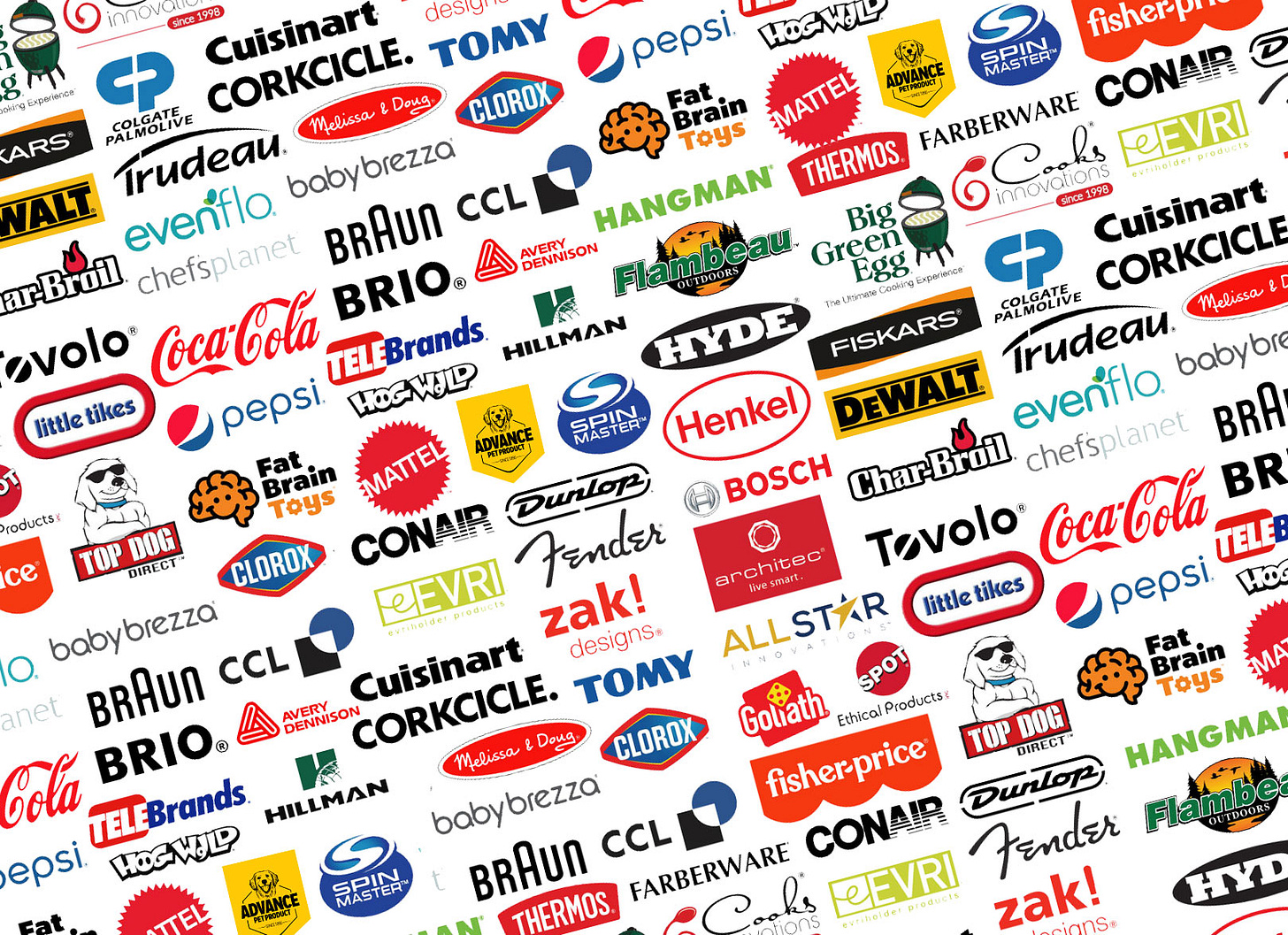One Simple Idea
Book by Stephen Key - Interviewed by Nick Loper of the Side Hustle Nation Podcast
Book: One Simple Idea - Stephen Key
One Simple Idea, Revised and Expanded Edition: Turn Your Dreams into a Licensing Goldmine While Letting Others Do the Work
With must-have updates, a new edition of the bestselling method that shows how anyone can turn their one simple idea into millions – without lifting a finger!
Stephen Key is an award-winning inventor who has licensed more than 20 product ideas. In 2011, he shared the secrets to his success in the bestselling book One Simple Idea. Since that time, many changes have occurred in the entrepreneurial world.
One Simple Idea, Revised and Expanded Edition has been revised and updated to reflect current trends and practices in the industry. In addition to teaching readers how to turn their ideas into marketable products that companies will want to license, Key expands upon his cutting-edge product development, sales, and negotiation strategies, making note of the new opportunities and technologies available to creative people today. The book also features real-life success stories from people who have used the author’s strategies.
Awesome Podcast. The book is even better! All you need is an idea. The rest is simple. I don’t have any referral links from Amazo… anymore, but this is worth it. Available in Kindle also.
Thanks!
Summary
In essence, the basic three-step business model is as simple as this:
Be the idea guy
Sell your intellectual property to a company
Receive royalties from sales (Think Kevin O’Leary)
One Simple Idea by Stephen Key is a book that offers guidance and insights into the process of inventing and licensing products. Key, a successful inventor and entrepreneur, shares his decades of experiences and provides practical advice on how to turn a simple idea into a profitable product.
The book emphasizes the concept of licensing, which involves selling the rights to your invention to a company that will manufacture and distribute it. Key believes that licensing is a more efficient and effective approach for many inventors compared to starting their own companies.
Key outlines a step-by-step process for developing and protecting ideas, starting with identifying potential product ideas and understanding the market. He stresses the importance of conducting thorough research and due diligence to ensure that your idea is unique and has commercial potential.
Throughout the book, Key emphasizes the significance of building relationships and networking with industry professionals. He provides strategies for reaching out to potential licensees and negotiating favorable deals.
Key also discusses the importance of creating prototypes and marketing materials to effectively communicate your product's value. Although you may not have to do this work yourself, as the licensee could do this work for you both.
The book covers topics such as intellectual property protection, avoiding common pitfalls, and dealing with rejection. Key draws from his personal experiences and provides real-life examples and case studies to illustrate key concepts and inspire inventors.
One Simple Idea is a practical guidebook that offers aspiring inventors advice on navigating the world of product development and licensing. It provides a roadmap for transforming ideas into marketable products, emphasizing the importance of research, networking, and strategic decision-making throughout the process.
The book goes into detail about:
Idea Generation: Brainstorm and identify potential product ideas that solve a problem or fulfill a need.
Market Research: Conduct thorough market research to validate the demand for your idea and understand the target audience.
Intellectual Property Protection: File for patents, trademarks, or copyrights to safeguard your invention.
Prototype Development: Create a working prototype or a visual representation of your idea to showcase its functionality.
Marketing Materials: Develop compelling marketing materials, including presentations and product demonstrations, to effectively communicate the value of your invention.
Identify Potential Licensees: Research and identify companies or individuals who may be interested in licensing your product.
Reach Out and Pitch: Contact potential licensees, present your idea, and negotiate licensing agreements.
Licensing Agreement: Negotiate and finalize the terms of the licensing agreement, including royalty rates, exclusivity, and other relevant aspects.
Manufacturing and Distribution: Once the licensing agreement is signed, work with the licensee to ensure the successful manufacturing and distribution of your product.
Marketing and Royalty Collection: Monitor the market performance of your licensed product, engage in marketing activities to support its success, and collect royalties based on the terms of the licensing agreement.
These steps are a general overview, and the specifics of each step may vary depending on the nature of your invention and the industry you're targeting. "One Simple Idea" by Stephen Key delves into these steps in more detail and provides practical advice and insights to help inventors navigate the process successfully.
Show notes from the Nick Loper podcast:





